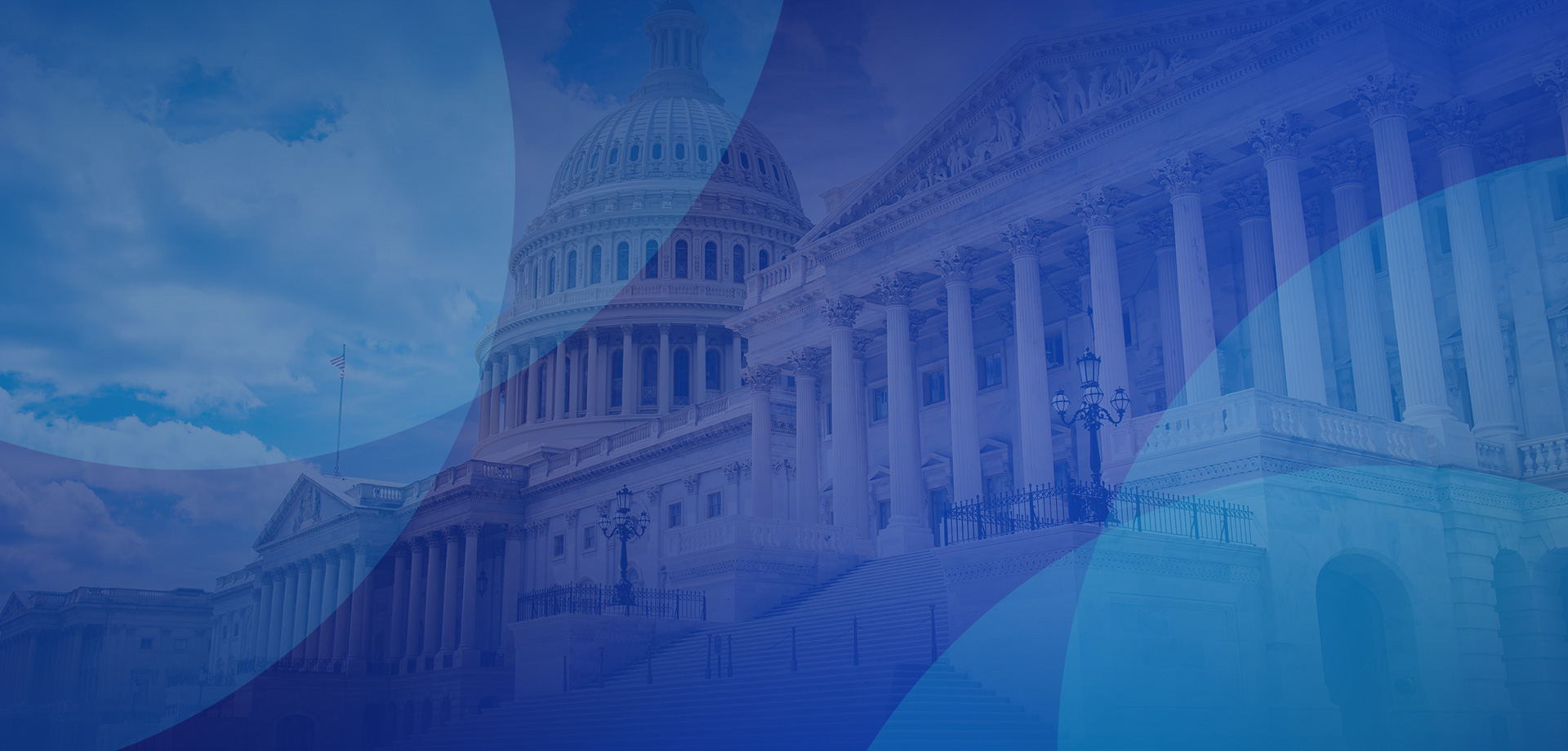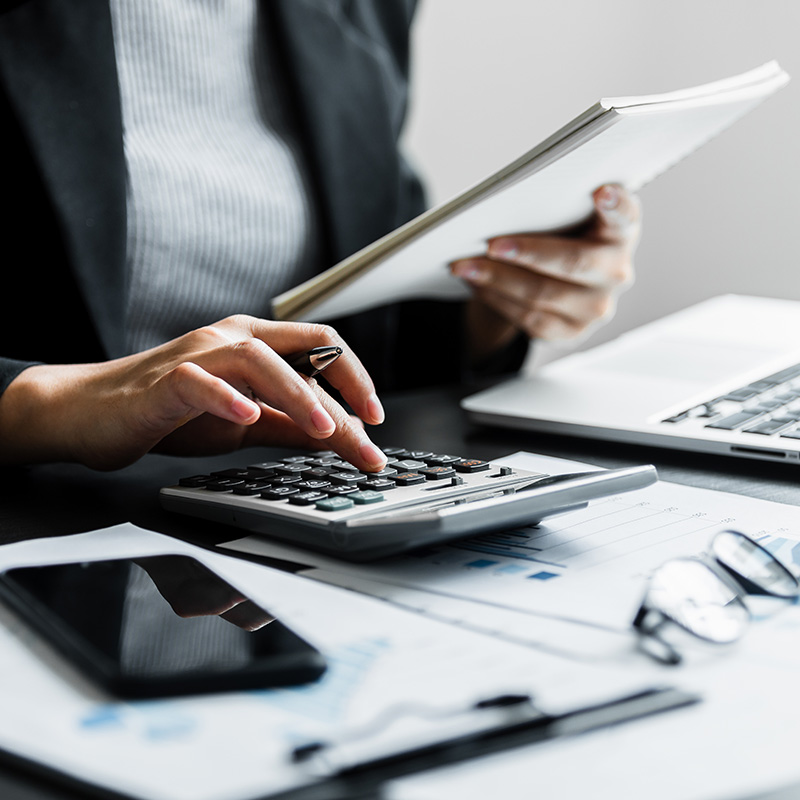Alternatives to Chapter 7 Bankruptcy
Do You Have Other Options? Maybe.
Non-Bankruptcy Alternatives
Because all forms of bankruptcy have some consequences on your credit, it is important to explore all non-bankruptcy options first. One alternative to bankruptcy is to re-evaluate your current lifestyle. You can work to reduce your expenses so that you can afford to pay off your debts. You may be able to reduce your expenses or obtain money to repay your debts by:
- Selling a second vehicle
- Obtaining a loan from a relative
- Selling your home
- Cashing out on your 401K or other retirement benefits
- Selling any valuable assets, such as jewelry or family heirlooms
If, however, your expenses are already as low as possible and you are unable to sell enough assets to repay the debts you owe, you may need to look at other alternatives. Other non-bankruptcy alternatives to bankruptcy Chapter 7 may include:
- Contacting Consumer Credit Counselors. They can help you make a budget and negotiate a repayment plan with credit card companies to obtain a reduced interest rate on your debt
- Entering into a workout arrangement
- Compositions and extensions
- Assignments for the benefits of creditors
Learn more about how our team can help you by calling (202) 888-8454 or contacting us online today!

The Kevin D. Judd Difference
Your Gateway to Financial Justice and Freedom
-
Committed to the Community
-
Obtain A Fresh Start
-
Fair & Reasonable Rates
-
Over 25 Years of Service
Alternatives to Bankruptcy Chapter 7: Chapter 11 and Chapter 13
Although non-bankruptcy alternatives are preferable, sometimes bankruptcy is inevitable. When you are facing bankruptcy, it is important to decide which bankruptcy options best fit your current circumstances. There are two main forms of bankruptcy that are often alternatives to Chapter 7 bankruptcy: Chapter 11 bankruptcy and Chapter 13 bankruptcy.
Chapter 11 Bankruptcy. Chapter 11 bankruptcy is an alternative for business entities, including corporations, partnerships, and sole proprietorships, that wish to avoid liquidation and continue their business operations. Under Chapter 11 bankruptcy, the court allows a debtor to repay a smaller amount of debt or to repay existing debt over an extended time period.
Chapter 13 Bankruptcy. Chapter 13 bankruptcy is an alternative for individual debtors (and some sole proprietorships) with regular income streams. Under Chapter 13 bankruptcy, a debtor can repay his debts over a period of three to five years. During this time, he can retain his non-exempt property, including any real property. During the repayment period, no interest or late fees accrue. Upon completion of the agreed payments, the entire debt is discharged and the homeowner retains ownership of any real property. Many people prefer Chapter 13 bankruptcy over Chapter 7 bankruptcy because you can retain any real property. Additionally, creditors view it more favorably. However, the downside is your credit report still reflects the bankruptcy for seven years after you finish paying off debts. See the “Process of Chapter 13 Bankruptcy” page for more information on Chapter 13 bankruptcy.

